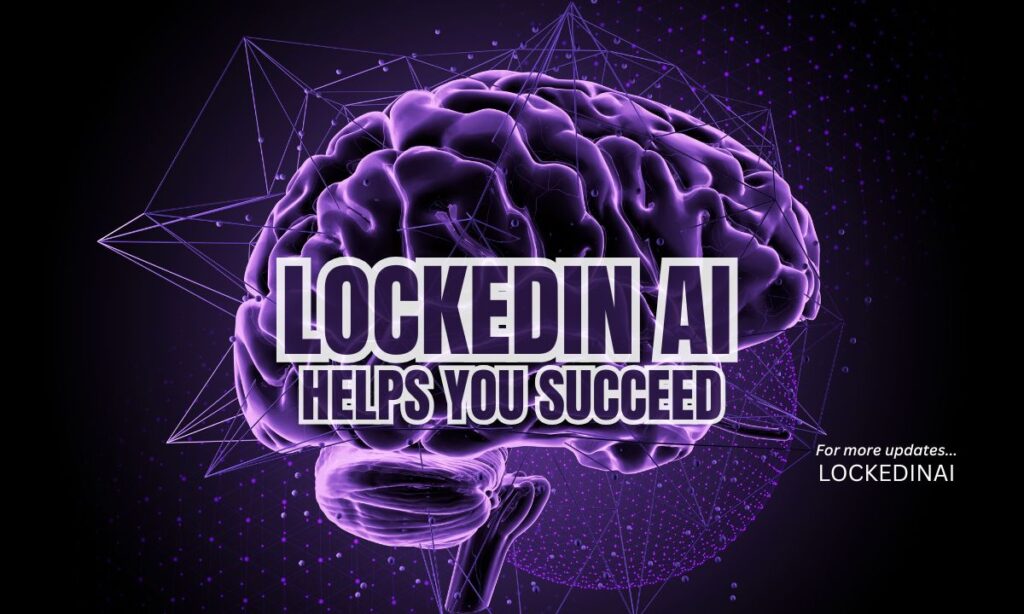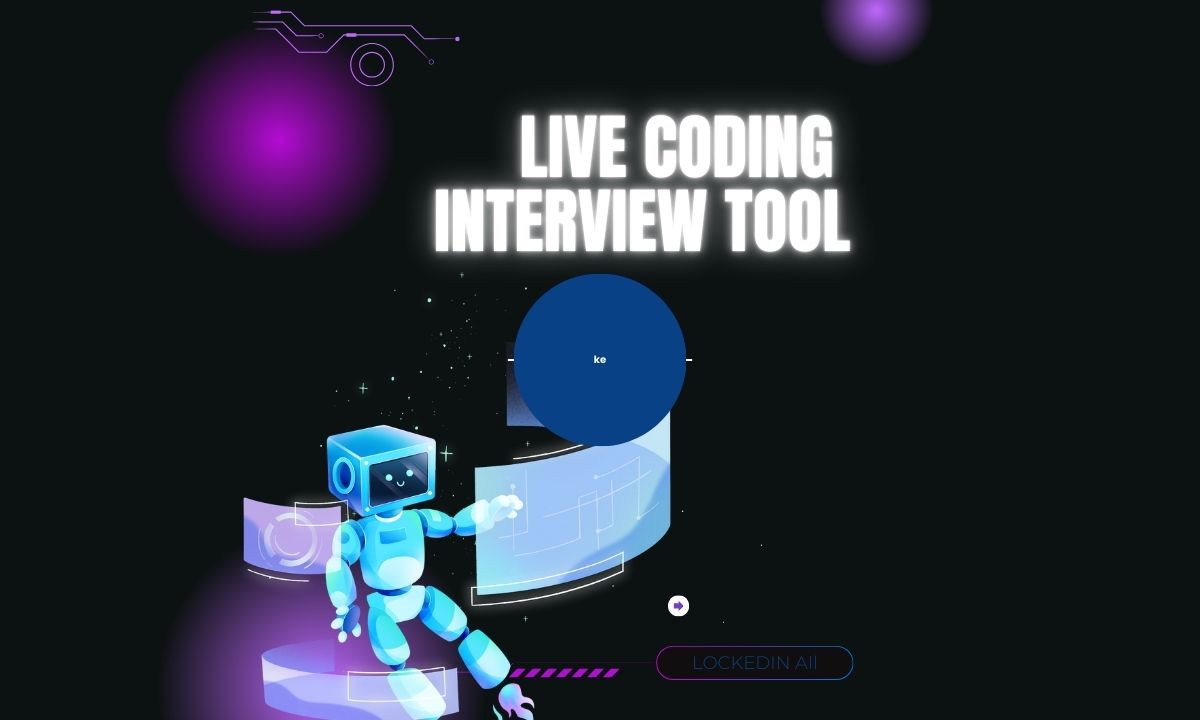Why Live Coding Rounds Are Becoming the New Standard
In today’s tech hiring landscape, theoretical knowledge isn’t enough. Employers want to know if you can solve problems in real time — under pressure, within deadlines, and while thinking aloud. That’s why live coding interviews are now a standard practice across tech giants and startups alike.
But practicing for these high-stakes sessions isn’t as simple as solving a few Leetcode problems. You need a realistic, responsive environment to test your skills. This is where a Live Coding Interview Tool becomes your secret weapon.
What Is A Live Coding Interview Tool?
A Interview Tool is a platform that simulates technical interviews by offering interactive coding environments, real-time compilers, and question sets tailored to specific roles or companies. It replicates the stress, setup, and structure of actual coding rounds — helping you prepare like a pro. These tools typically include:
- Real-time collaborative editors
- Support for multiple programming languages
- Auto-compilers and test cases
- Time-bound sessions with interviewer prompts
- Integrated video/audio for mock interview simulation
LockedIn AI, for instance, combines all these features with role-specific practice and real-time feedback — making it a complete tech interview copilot.
Benefits Of Using A Interview Tool
Real-World Practice Before The Real Interview
Practicing with realistic tools means you’re already familiar with the pressure and the pacing of an actual interview. It reduces performance anxiety significantly.
Instant Code Feedback
After each mock session, you get actionable feedback on tone, clarity, and speaking pace. This helps you fine-tune your delivery.
Built-In Problem Sets
From data structures and algorithms to system design and debugging, the best platforms come with curated libraries based on role, company, and difficulty level.
Who Needs A Live Coding Interview Tool?
Whether you’re a fresher aiming for your first internship or a senior developer switching to FAANG, a Interview Tool is essential. It prepares you for the technical, time-pressured, and communication-heavy aspects of real-world interviews.
Common use cases include:
- Preparing for remote developer interviews
- Practicing whiteboard rounds for on-site sessions
- Brushing up on role-specific algorithms
- Testing your knowledge under simulated constraints
How LockedIn AI Enhances Live Coding Practice
LockedIn AI doesn’t just give you a place to code. It acts like a personal interview coach. The platform:
- Mimics real-time interviews with time-bound coding tasks
- Supports multiple languages and IDE features
- Offers mock interviews with voice/video feedback
- Analyzes your performance with intelligent insights

Final Thoughts: Crack Interviews With LockedIn AI
In today’s fast-paced hiring landscape, a Live Coding Interview Tool is no longer optional — it’s essential. Whether you’re a software developer, data engineer, or aspiring coder, practicing live coding sessions with AI can drastically improve your confidence, timing, and problem-solving clarity. Platforms like LockedIn AI offer realistic simulations, real-time feedback, and structured preparation that mirrors actual interviews. If you want to outperform the competition and reduce interview anxiety, now is the time to start using intelligent tools that prepare you for the real deal. Your dream job might be just one smart session away.
FAQs
What’s the difference between a coding platform and a live coding interview tool?
Standard coding platforms like HackerRank or Leetcode help you practice problems. A Interview Tool simulates real interviews, including time pressure, communication, and live problem-solving with or without an interviewer.
Do companies actually use live coding in interviews?
Yes. Most tech companies now conduct at least one live coding round to assess problem-solving skills, thought process, and the ability to communicate code logic effectively.
Can I use a live coding tool without a partner or mentor?
Absolutely. Tools like LockedIn AI provide solo practice as well as AI-led interviews that simulate a real session. You get feedback even if you’re practicing alone.
How many times should I practice before a real interview?
Ideally, 3–4 live mock sessions per week for 2–3 weeks before your interview. Consistency is more important than volume.



